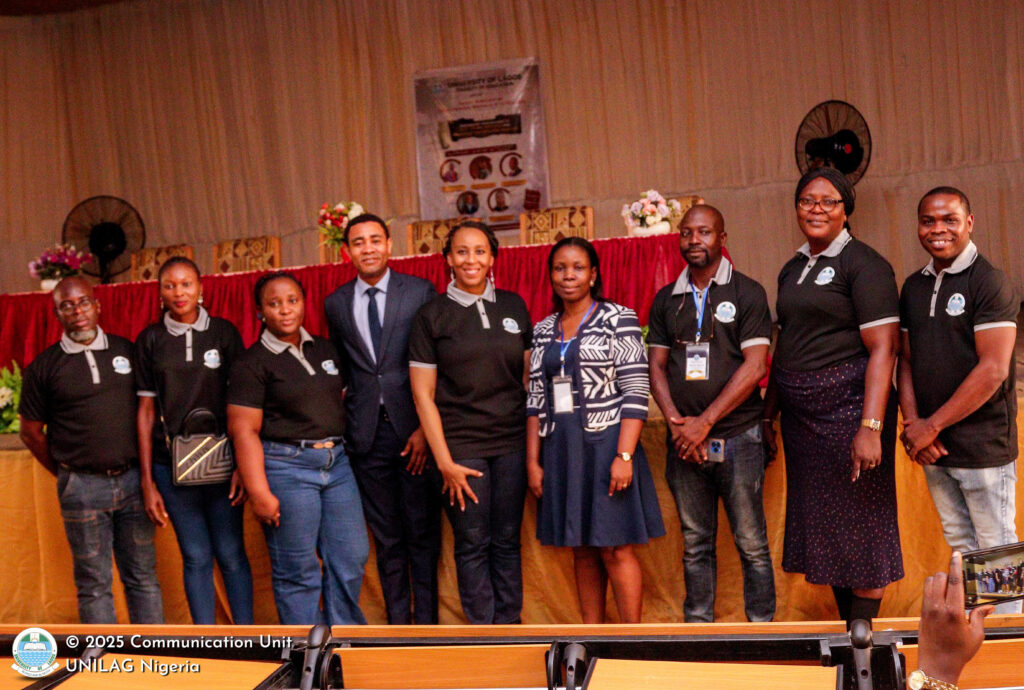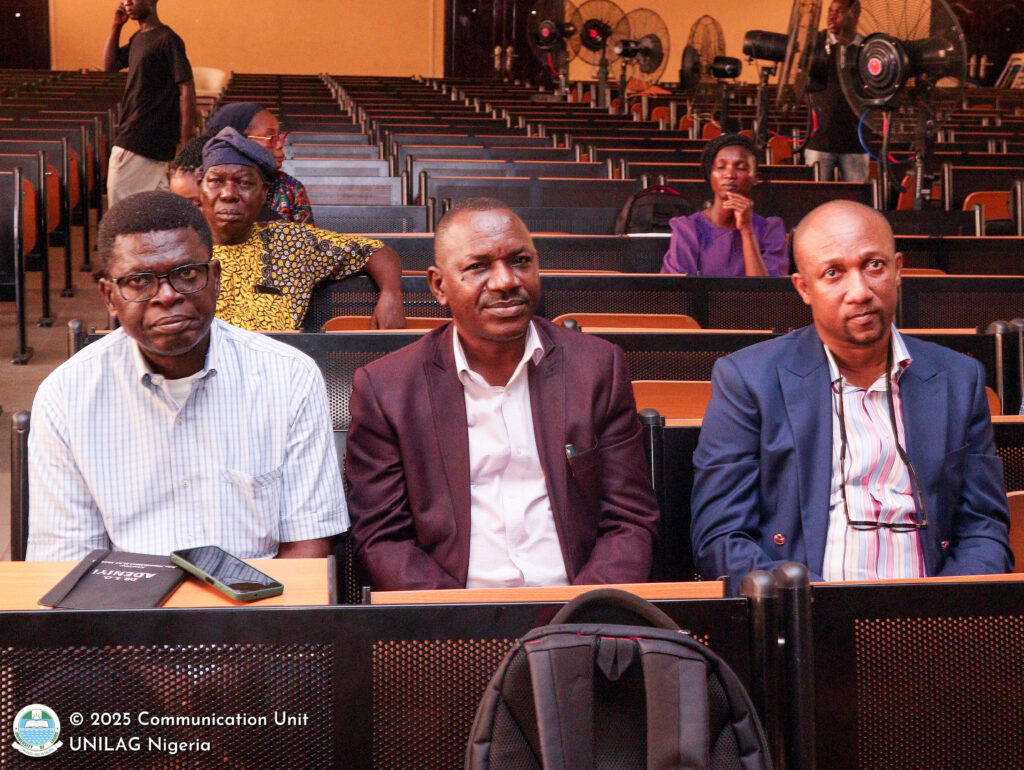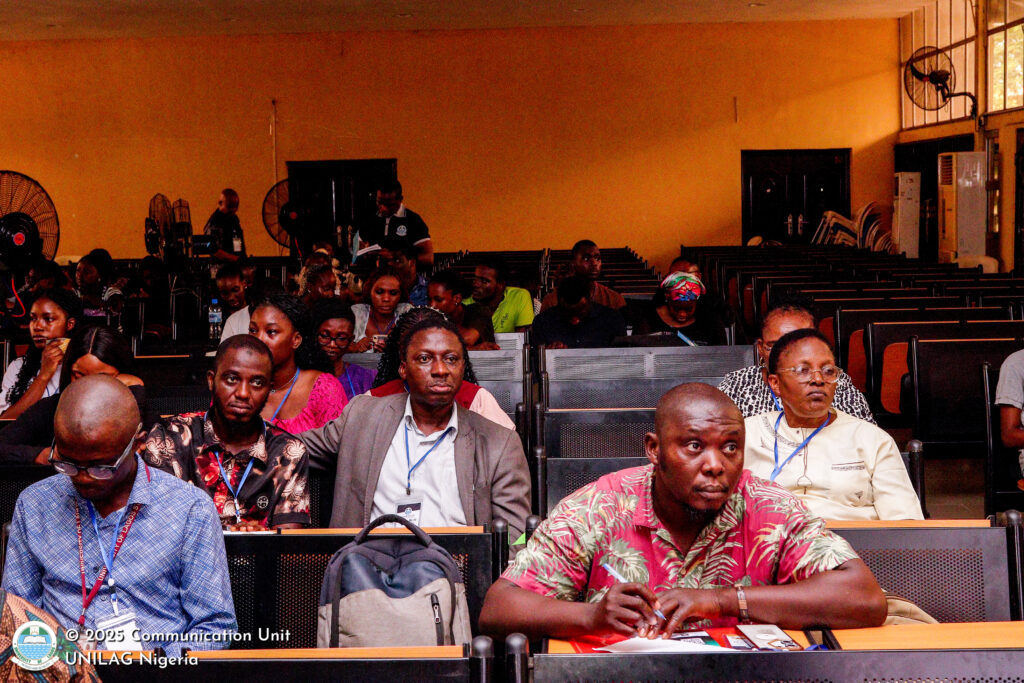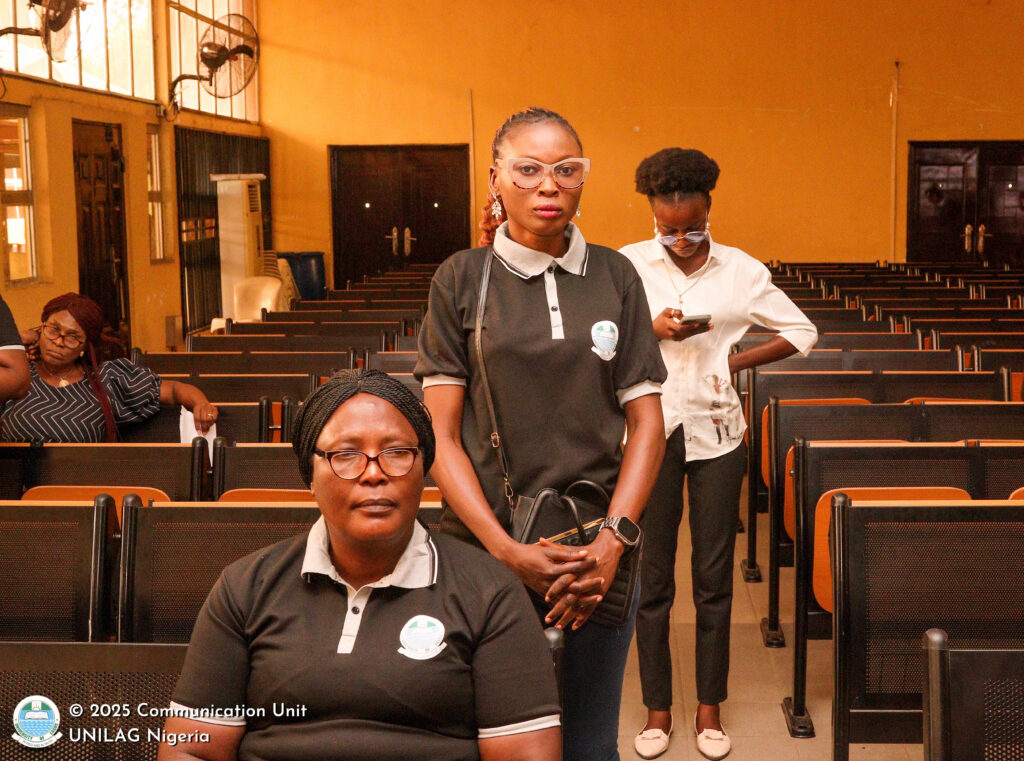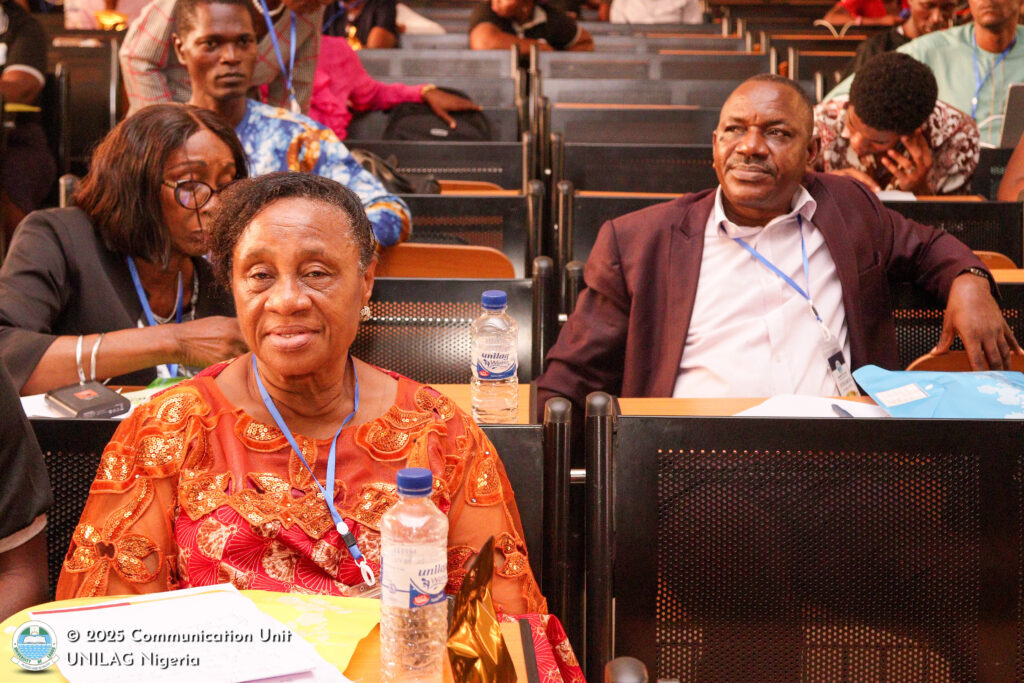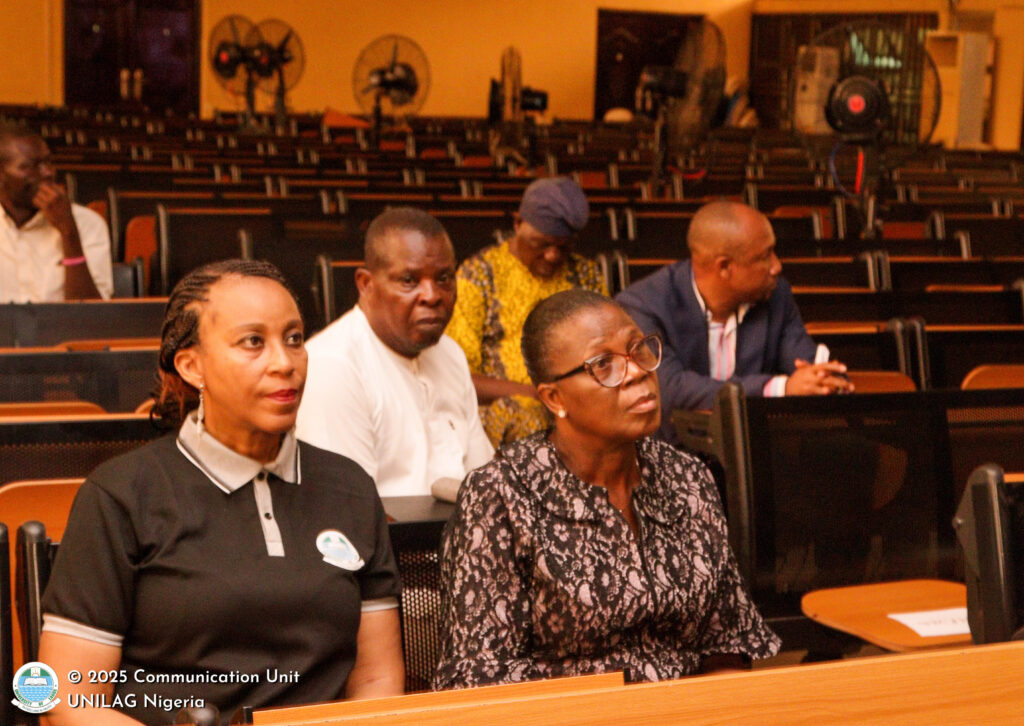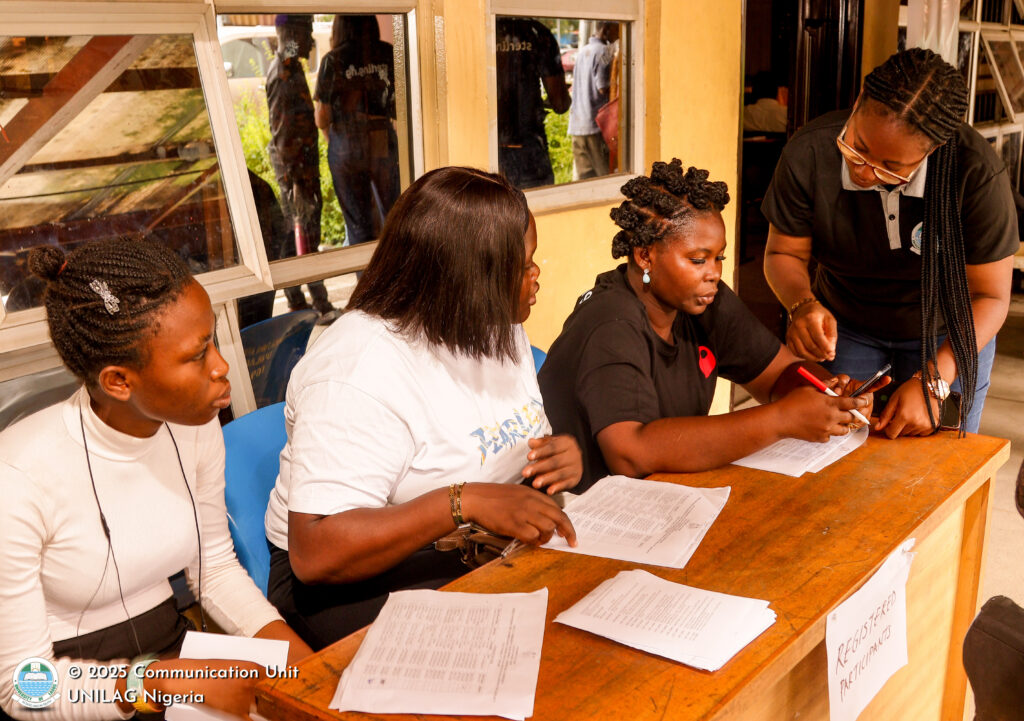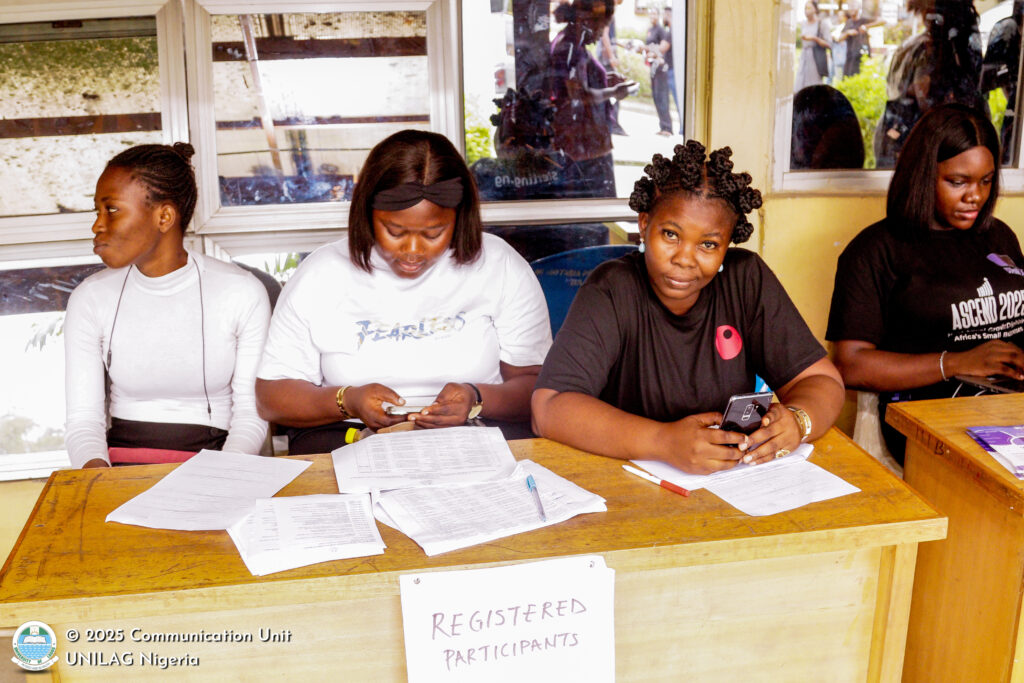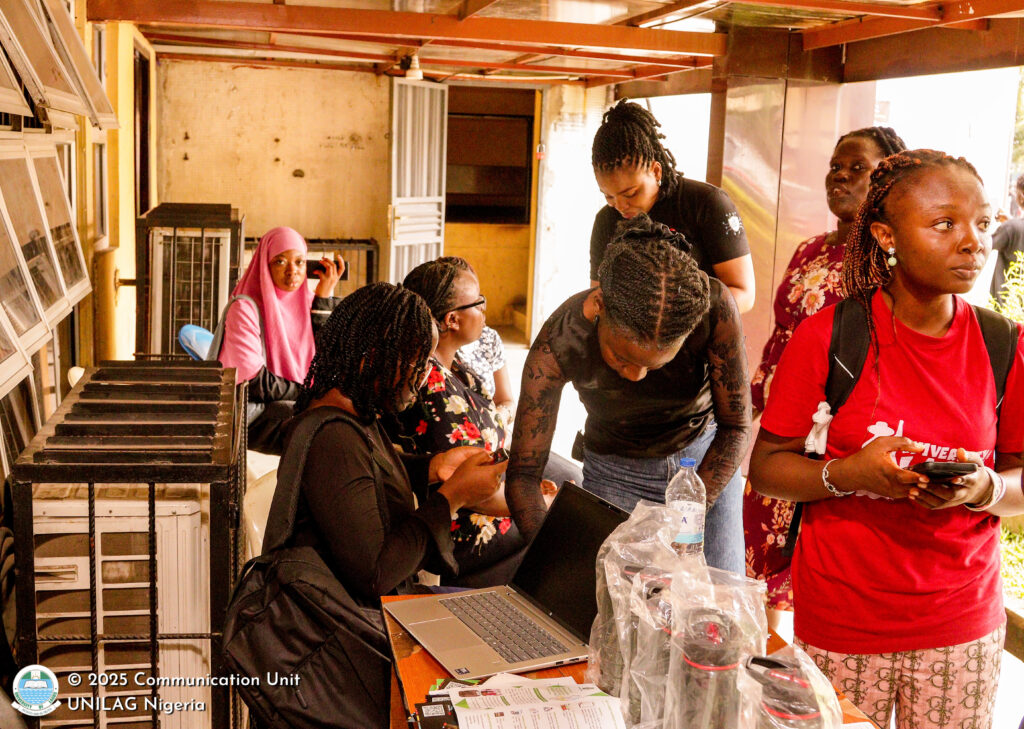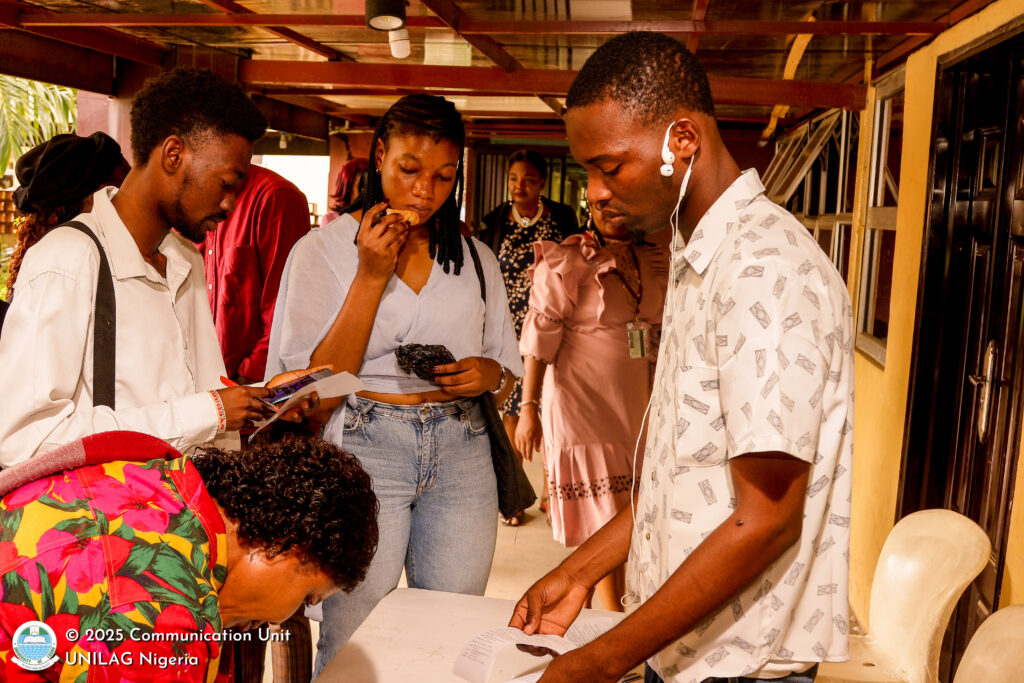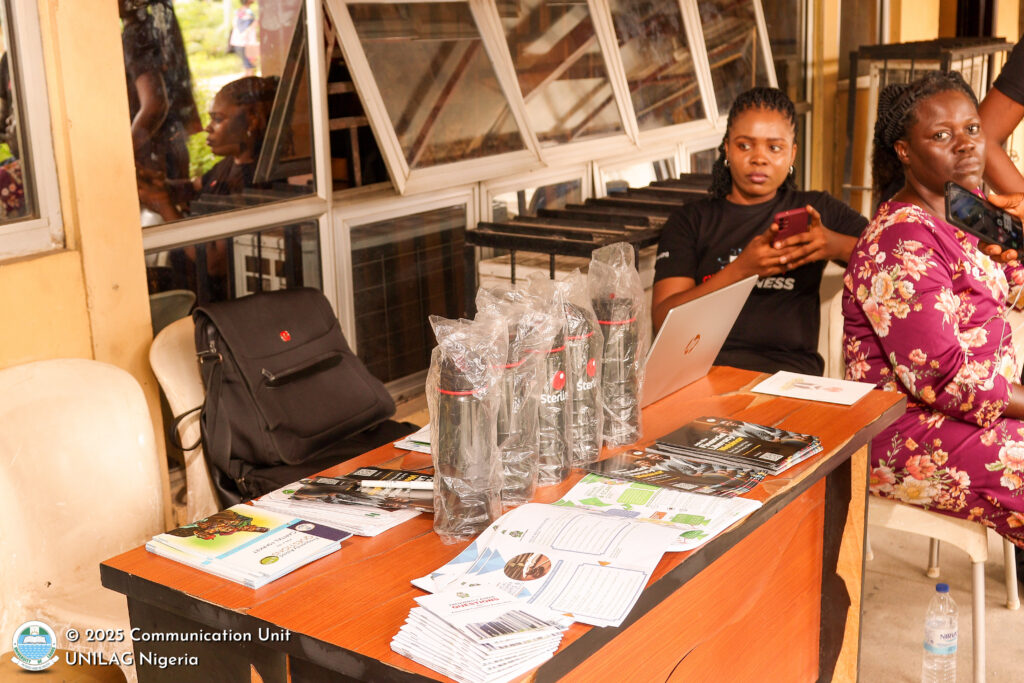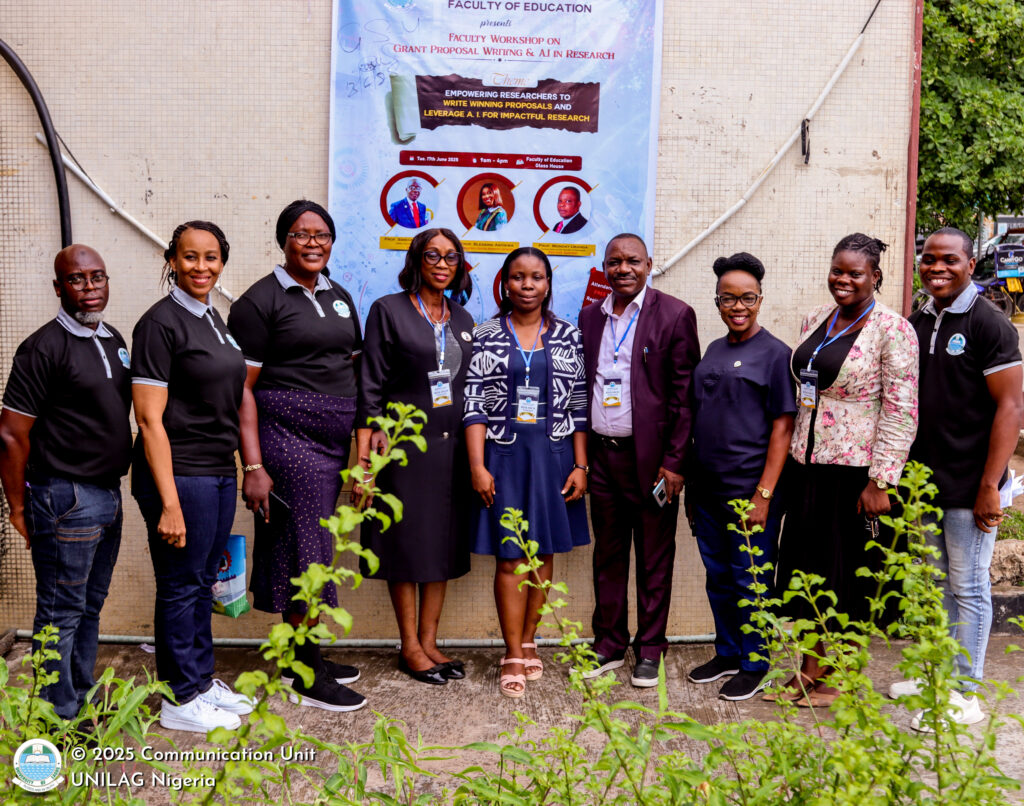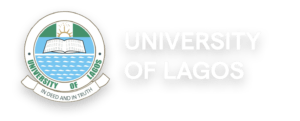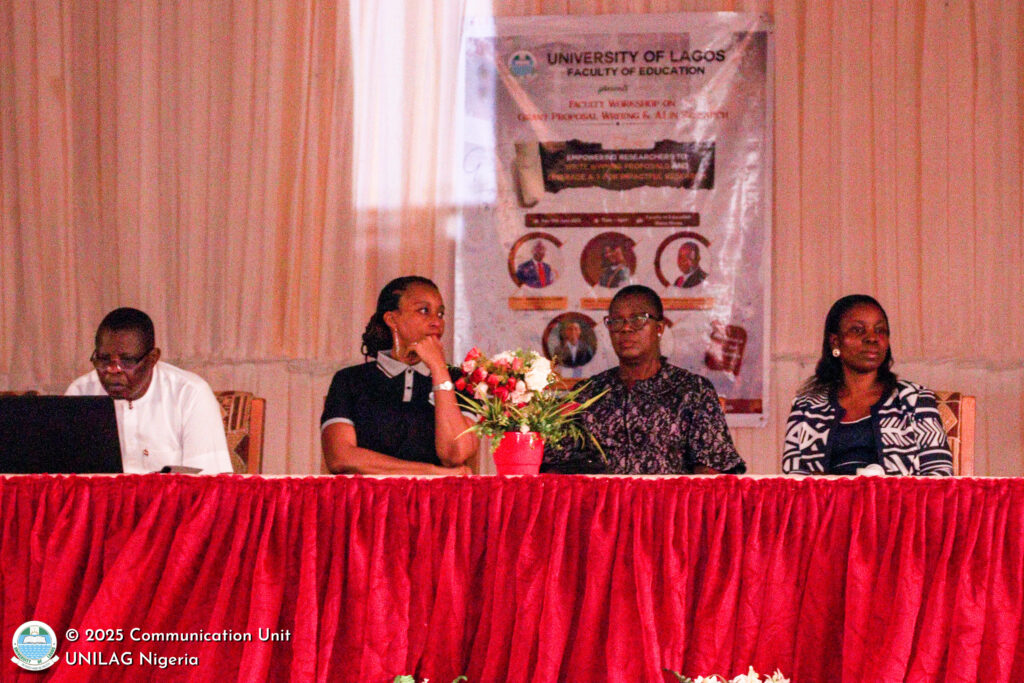As part of efforts to strengthen research capacity and foster technological innovation in academia, the Faculty of Education at the University of Lagos hosted its maiden research workshop on Tuesday, June 17, 2025, at the Glass House Auditorium, UNILAG.
Organised by the Faculty’s Research & Ethics Committee, the workshop brought together scholars, early-career researchers, and postgraduate students for an intensive learning experience on writing competitive grant proposals in the age of artificial intelligence.

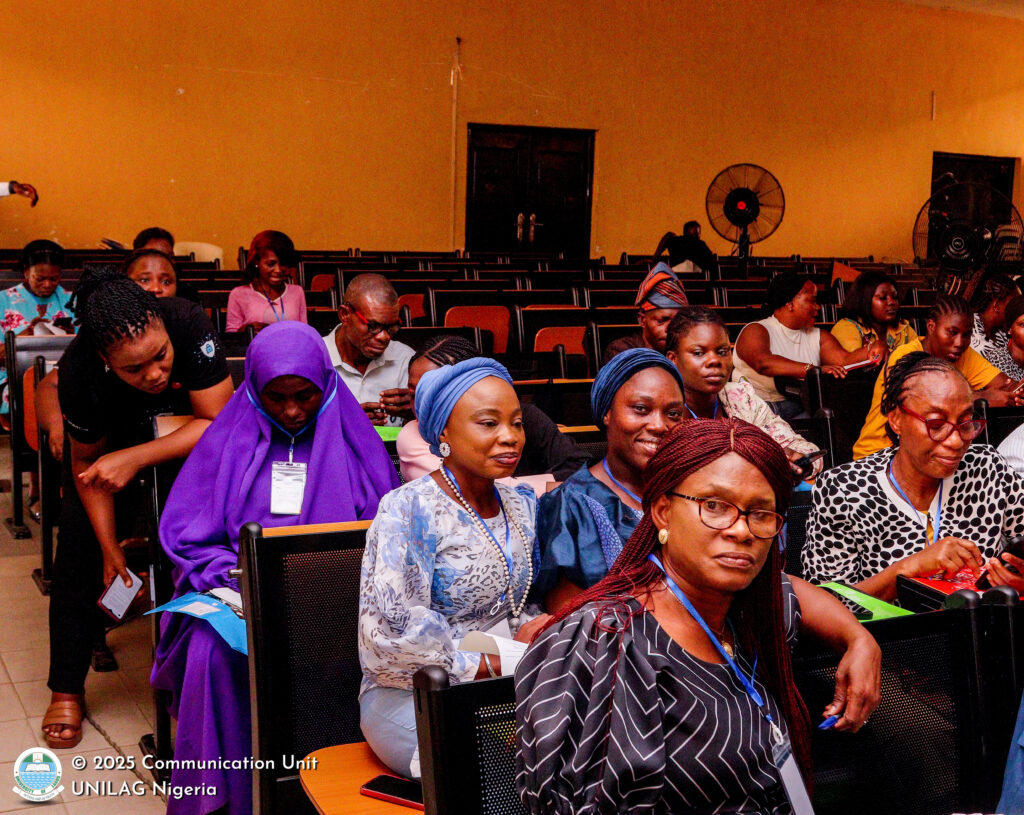
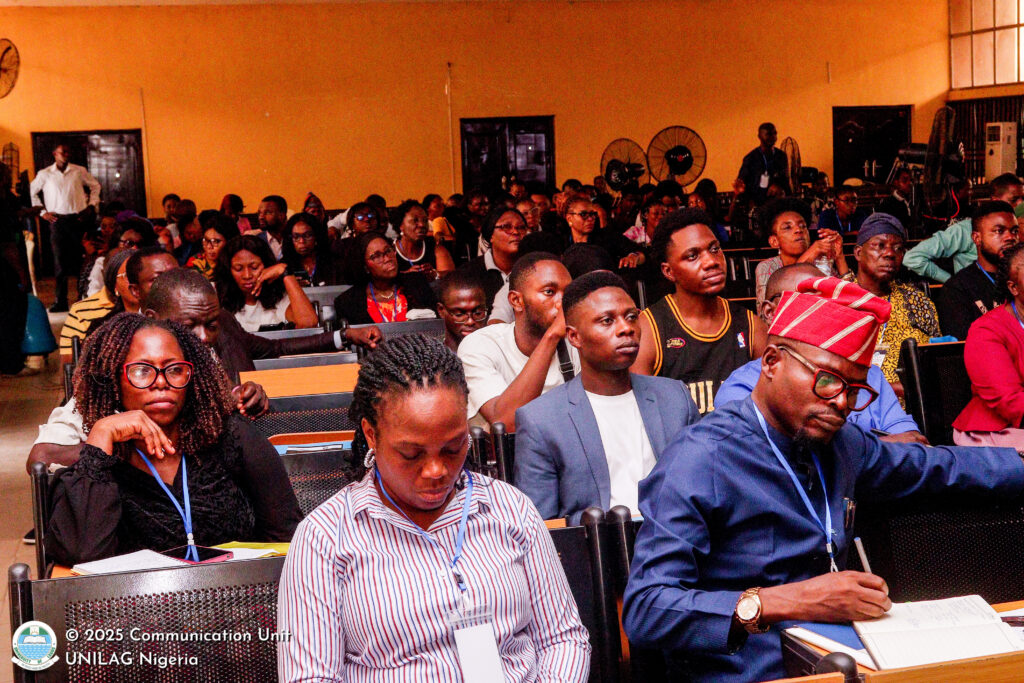
The workshop, themed: Unlocking the Secrets to Writing Winning Proposals: Leveraging AI in Research, opened with a warm welcome by the Chairperson of the Faculty’s Research Committee, Professor Blessing Anyikwa, who underscored the importance of strategic thinking and innovation in research development.
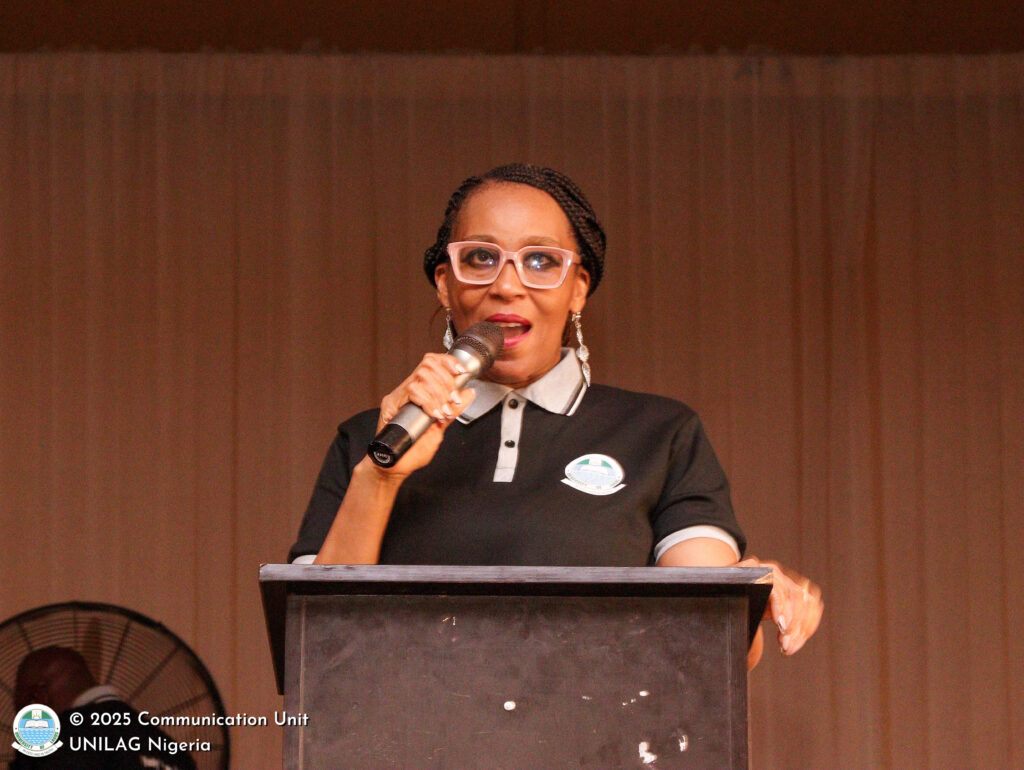
She described the initiative as a timely intervention to equip academics with practical skills needed to thrive in a competitive global funding landscape.

In his remarks, the Dean of the Faculty of Education, Professor Simeon Adebayo Oladipo, who was represented by Professor Oluwayemisi Obashoro-John described the workshop as a demonstration of the Faculty’s commitment to fostering a research environment that is innovative and responsive to the demands of a fast-evolving academic landscape.
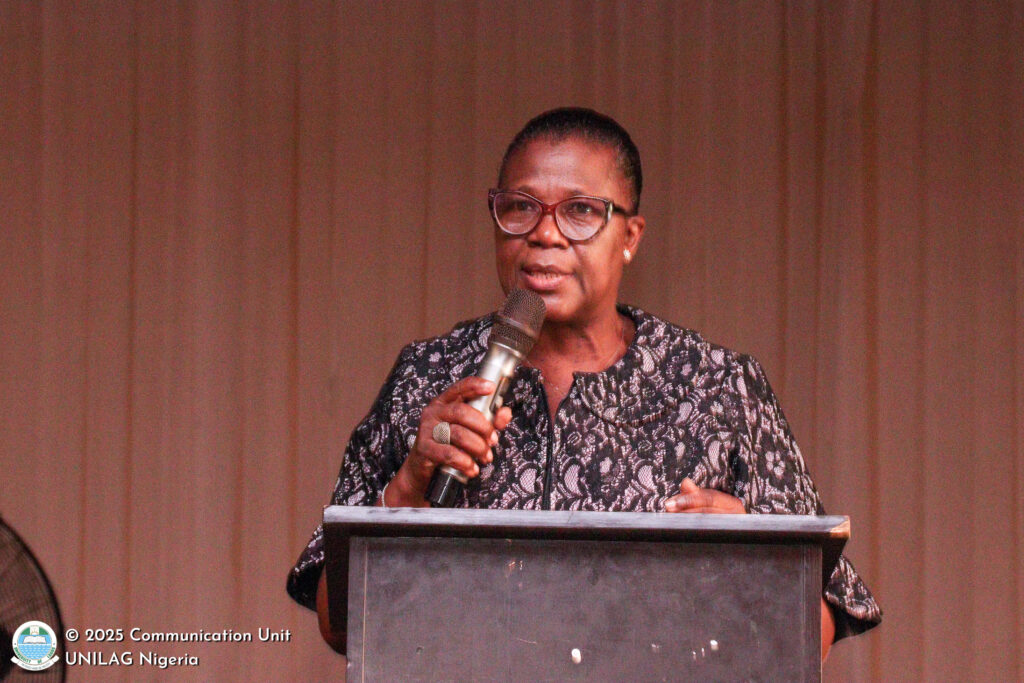
The Dean noted that the workshop “stands as a testament to the University’s dedication to academic excellence and the future of African research.”
Delivering the keynote address, the immediate Past Dean of the Faculty and a distinguished educationist, Professor Monday Ubangha provided a thought-provoking overview of the evolving dynamics in research funding.
During his presentation, Professor Ubangha pointed out the ability of Artificial Intelligence (AI) applications such as Elicit, ChatGPT, and other intelligent research assistants, to support researchers in literature review, idea development, and drafting of persuasive narratives for funding proposals.
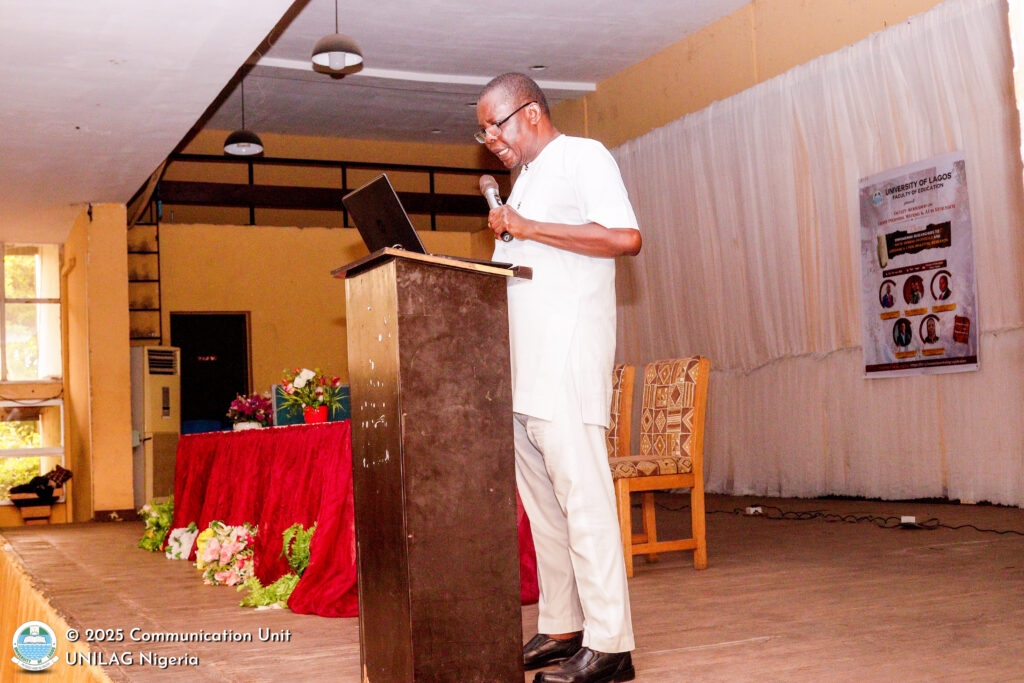
He urged scholars to shift from traditional proposal-writing models to more strategic, data-driven approaches that align with international standards and expectations.
The workshop featured two engaging technical sessions. The first session on Principles of Winning Research Proposals, was facilitated by Professor Temitope Olabisi Onuminya, who dissected the anatomy of a strong proposal and stressed the significance of clarity of objectives, effective methodology, and impactful outcomes.
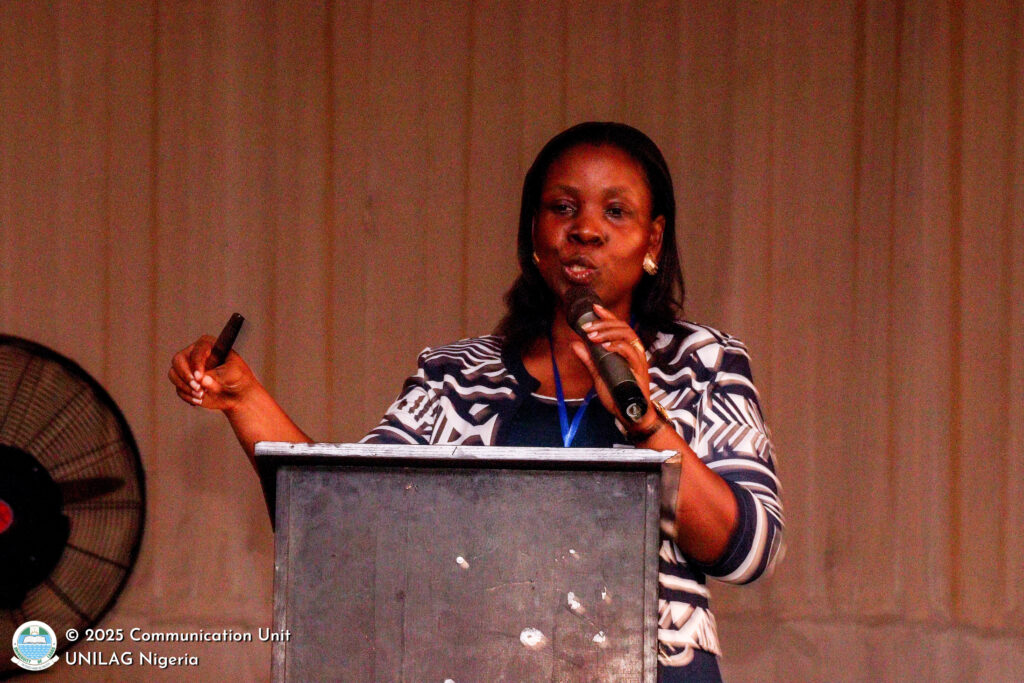
The avid researcher highlighted the importance of tailoring proposals to specific calls and funders’ priorities, and provided participants with in-depth insights into the nuances of writing successful proposals. She emphasized that “artificial intelligence is not a replacement for academic rigor, but a powerful tool that can significantly enhance the research process from ideation to execution”.
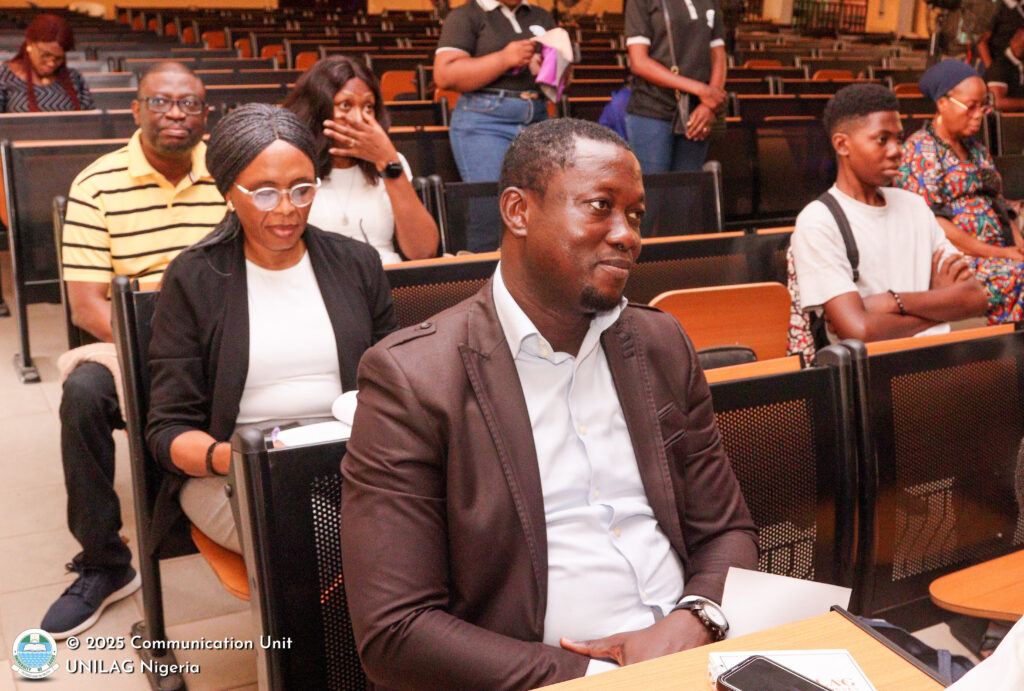
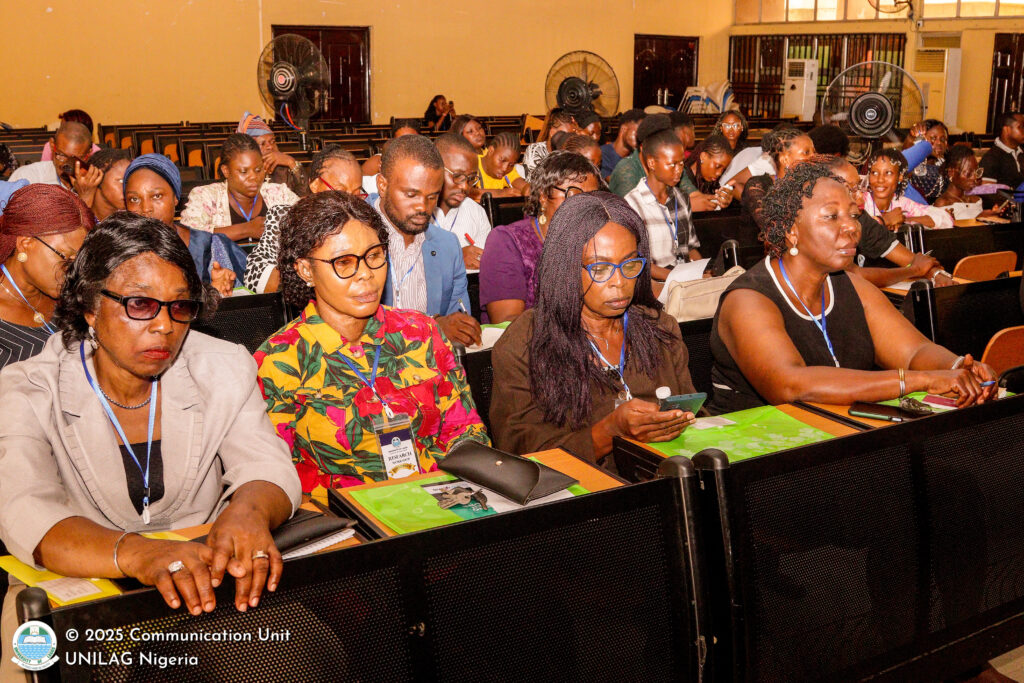

The second session on Leveraging AI Tools for Research Planning and Design was handled by the Acting Director of National Information Technology Development Agency (NITDA) NITHub, UNILAG, Dr. Victor Odumuyiwa. His presentation offered a practical exploration of cutting-edge AI tools like ChatGPT, Scite, and ResearchRabbit, among others for effective research outcomes.
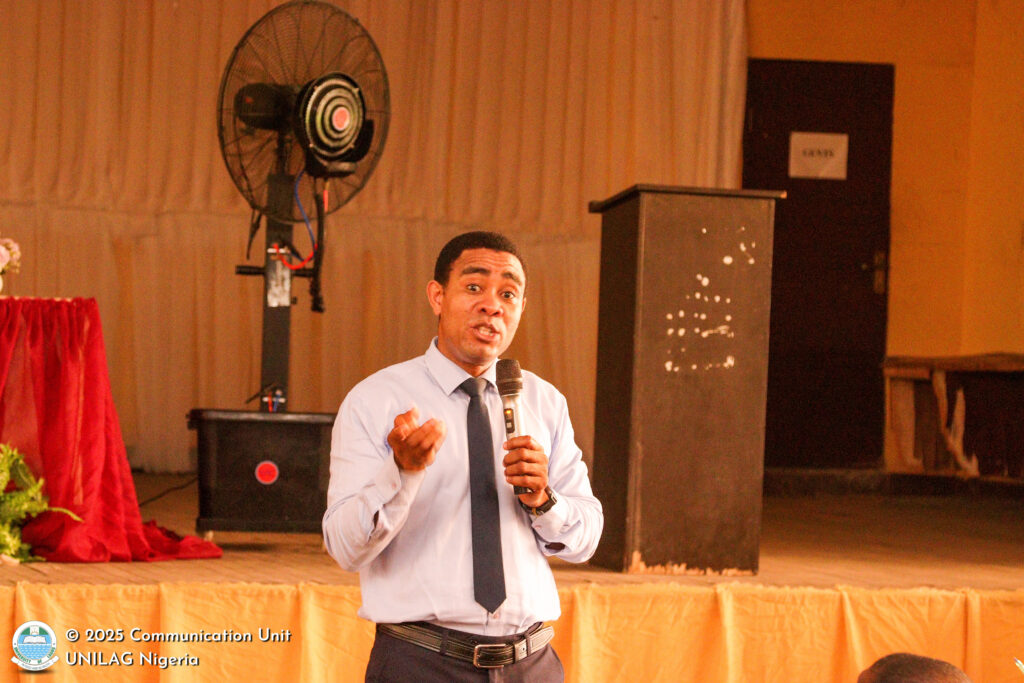
Dr. Odumuyiwa addressed common misconceptions surrounding artificial intelligence, emphasizing that AI is not inherently harmful but rather a powerful tool when used responsibly. He noted that “the future of research lies not only in the depth of knowledge one possesses but also in the ability to communicate ideas clearly and persuasively.”


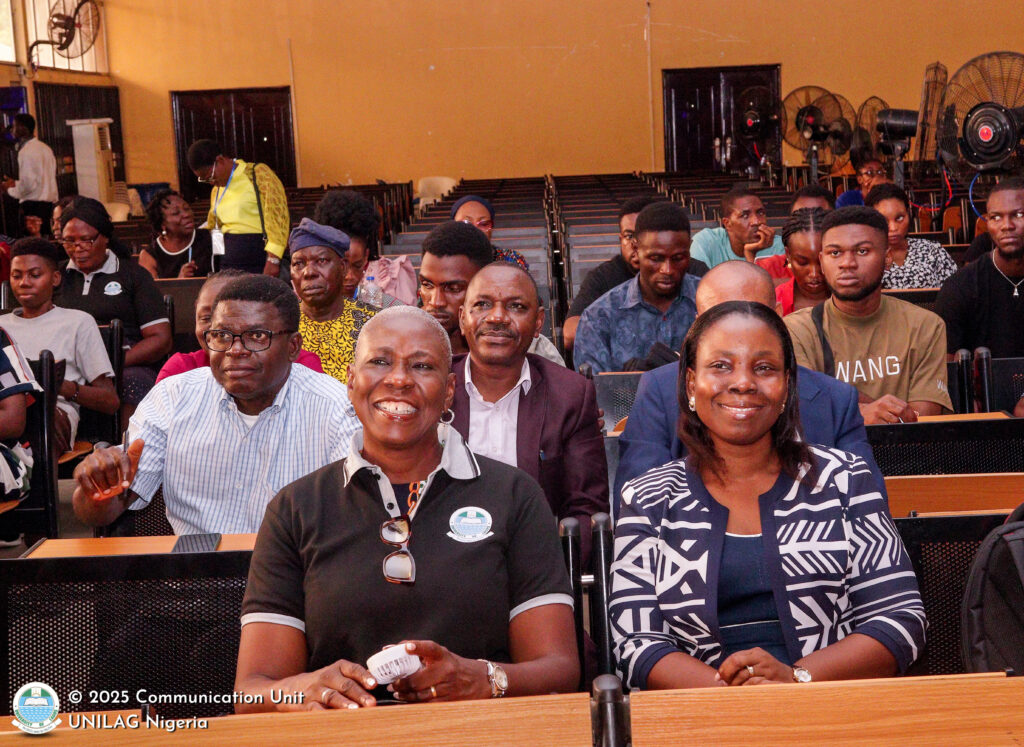
The Workshop also featured an engaging question-and-answer session, which provided participants the platform to ask thoughtful questions and receive insightful responses from the facilitators. This was followed by a dynamic hands-on demonstration, allowing attendees to interact directly with the AI tools, experiment with their features, and refine their proposal strategies in real-time.
Report: Bayo Salau
Photographs: Michael Joshua
